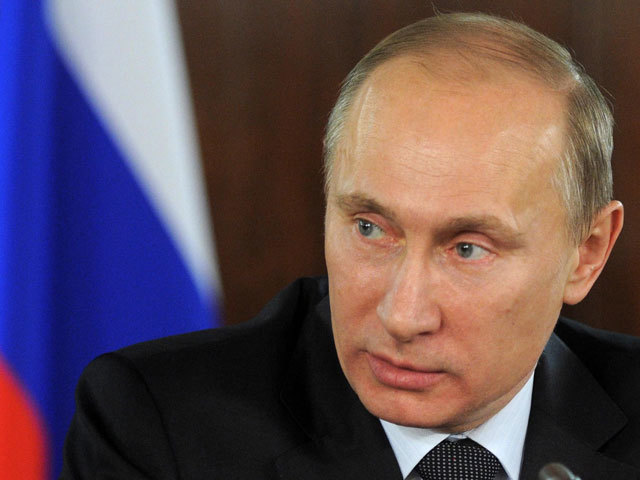
Russia will discover next week how much it may be asked to pay for the confiscation a decade ago of Mikhail Khodorkovsky’s Yukos Oil Co., then the country’s biggest oil producer.
The Permanent Court of Arbitration in The Hague will rule on July 28 on a $103billion damages claim the company’s former owners filed against Russia in 2007, Tim Osborne, head of GML Ltd., former holding company of Yukos, said by e-mail. Court official Willemijn van Banning said by phone she couldn’t comment on the date for the ruling.
The potential multibillion-dollar punitive award comes as Russian President Vladimir Putin risks further US and European sanctions after the downing of a Malaysian passenger jet in eastern Ukraine that killed 298 passengers and crew. The Obama administration has blamed the plane’s downing on pro-Russian rebels, who deny any involvement.
A substantial award of damages “would add to Putin’s sense of being backed into a corner and that the West is out to get Russia,” Masha Lipman, an independent political analyst based in Moscow, said by phone. “Whether a coincidence or not, it will be seen as more than a coincidence.”
GML has a good chance of winning partial damages, according to Gus Van Harten, a professor specializing in arbitration at York University’s Osgoode Hall Law School in Canada. There’s “very limited room” for appeal and Russia will resist paying, so any amount awarded would trigger a global legal battle to seize state property, including assets of OAO Rosneft, which acquired most of Yukos in a series of forced auctions, Van Harten said.
Putin has said his opponents are using the crash for “selfish political gains.” The EU warned yesterday that it may restrict the country’s access to capital markets and sensitive energy and defense technologies.
Russia’s Foreign Ministry didn’t immediately respond to an e-mailed request for comment on The Hague proceedings. Moscow- based Rosneft, which has been sanctioned by the US over the Ukraine conflict, declined to comment. Another ruling by the European Court of Human Rights on a $38billion claim filed by ex-Yukos management that would benefit all former shareholders may also come this year.
Putin’s government dismantled Yukos after imposing $27billion in tax charges. Most of its former assets now belong to state-controlled Rosneft, which is the world’s largest publicly traded oil company by output.
“I remain confident that we will receive a substantial award of damages when the decision comes out,” Osborne said last month. “It would underline that this whole attack by the Russian government was politically motivated and confirm our view that it acted illegally in expropriating shares in Yukos Oil without compensation.”
Khodorkovsky, once Russia’s richest man with a fortune of $15billion, was freed in December under an amnesty after serving a decade in Russian prison camps on tax evasion, fraud and money-laundering charges he says were politically motivated.
Khodorkovsky, who’s living in Switzerland, isn’t entitled to any part of the damages because he transferred his Yukos stake to fellow shareholder Leonid Nevzlin to protect the company when he became a target of the Russian courts, Osborne said.
Nevzlin is beneficial owner of slightly more than 70% of GML, while four other ex-Yukos owners — Platon Lebedev, Mikhail Brudno, Vladimir Dubov and Vasily Shakhnovsky – – each have a little less than 7.5%. GML, which filed the lawsuit, used to own 60 percent of Yukos.
Recommended for you
